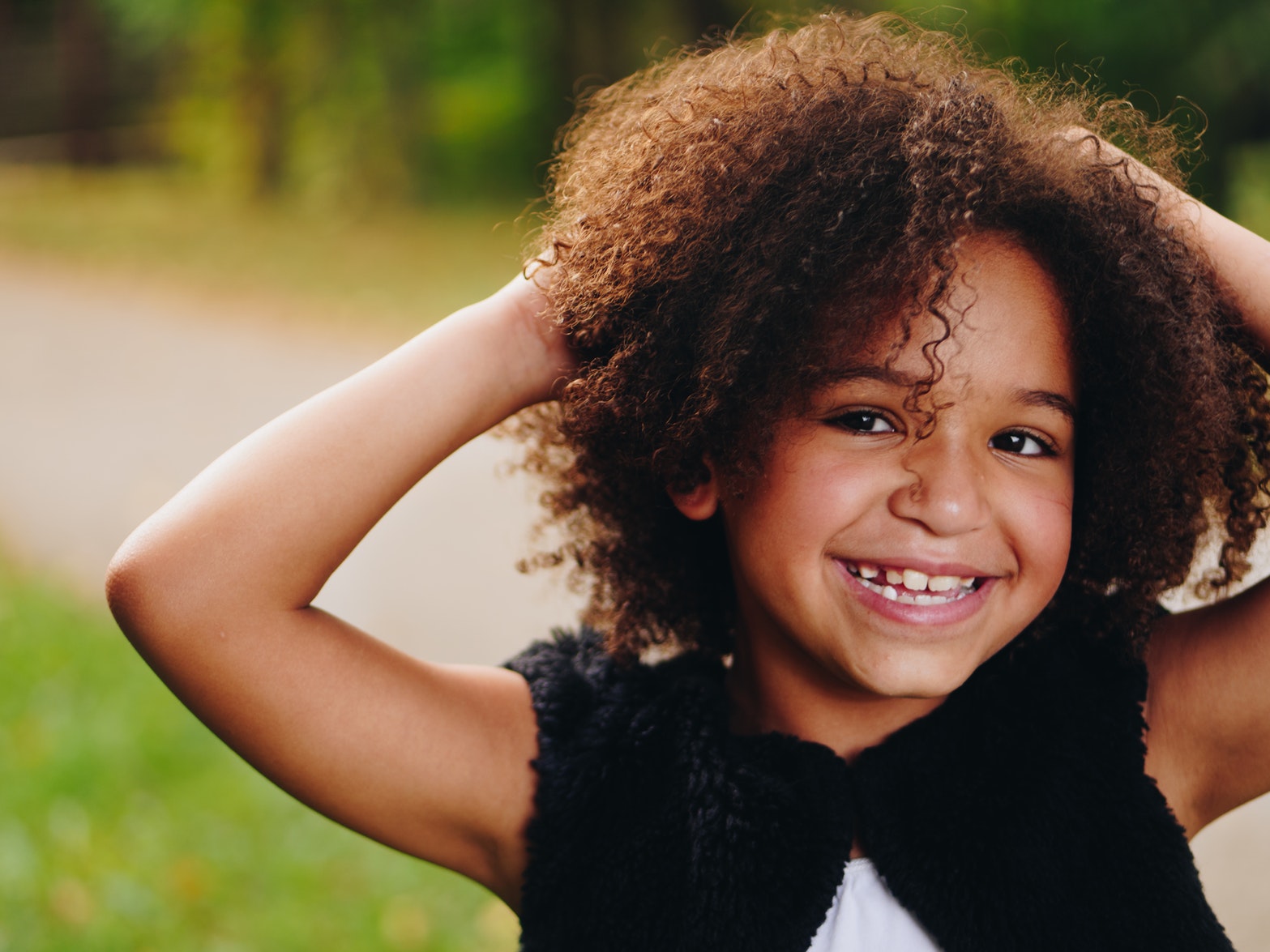During election time, your child will be exposed to politics. Between the road signs, nonstop commercials and conversations happening everywhere – there’s no avoiding it. So, what do we say to our eager learners about politics? Will knowing more hurt or help them at this vulnerable stage of life? Here we break down some major pros and cons to these complex questions.
The Pros:
It’s an opportunity to teach them how to respectfully disagree.
Your child is no stranger to disagreement, and it won’t stop now for them. The political system is full of differing opinions that still work together to achieve a common goal. Opening this process up to them could be a great stepping stone for children to learn respectful disagreement and provide them with tools they can incorporate into their own social systems. Even the worst of smear campaigns can be an opportunity to point out what is and is not respectful behavior.
It helps them look further outside themselves.
Kids are naturally self-centered. It’s up to us to push them out of the little bubble that is themselves. Learning of issues and concerns that other children face around the world can nudge that thinking along. Bringing them to civic activities such as voting, feeding the homeless and joining other volunteer organizations can help them begin to form their abstract concept of other’s needs and spark an urge to help their community.
Other kids are already talking about it.
It’s true. Regardless of what you want your child to know they’re going to be hearing fragmented ideas all over the place. Arming them with the basics of what’s going on can help avoid splintered information from forming an exaggerated or false idea. Not being clueless of what other kids are talking about can also prevent the slight self-esteem plummet that comes with being the outsider of a conversation.
The Cons:
Some topics they’re not quite ready to handle.
The world is full of difficult news to swallow. There are full grown adults that can’t watch the nightly news, how can we expect our children to handle it? Children have a limited ability to process emotions and some political topics could bring emotions too complex for them to deal with in a healthy manner. Upsetting topics could leave them feeling sad, frightened or powerless.
Conflict with peers could be an issue.
Just like us, kids are tribal creatures. They like to be part of a team and ruthlessly root and defend that team. Children don’t have the same ability to perceive social cues and boundaries as we do though. Mimicking a parent’s political stance is common and could lead to a conflict with a child who has an opposing view.
It can overwhelm them.
Again, some full-grown adults can’t handle all that comes with politics. How can we expect kids too? With political awareness comes the awareness of famine, homelessness, war, terrorism, widespread disease, crime, environmental concerns, overpopulation, financial deficits and every other troubling problem we face as a civilization. Children have a finite ability to deal with this sort of information. Burdening them with too much stress could lead to the mishandling of more important areas of their life such as family, friends and school life.
In Closing
Bringing the world of politics to your child is a big step and should be done carefully. Taking into consideration your child’s age and maturity is important when considering what you want them to know. Above all, it’s important to teach your child not what to think about this complex political system of ours – but how to reach informed conclusions of their own.


